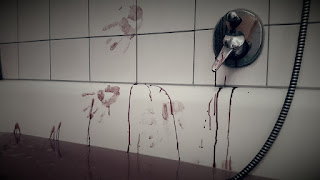What is mould?
Mould is a fungus that grows and thrives in damp conditions. It is micro-organism which reproduces via spores. They lack chlorophyll which requires sunlight. Due to this mould can thrive even in dark places and wet places.
What is Toxic Mould?
Some mould can be toxic to the human health. They produce allergens and other toxic substances than can harm your health. Not all mould is toxic, toxic moulds refer to moulds that produce mycotoxins.
Where can I find toxic mould in my house?
When it comes to finding mould, the first sign is the musty smell it leaves in the room. We see mould in our day-to-day lives without realising. If you take a closer look at the black spots around the sink or the grout between the tiles, you’ll see some black coloured substance present there. This is mould! It can be difficult to identify mould in basements and cellars due to lighting. Mould on the wall can be easily identified by the dark growth (black stains on the wall.
Is mould bad for my health?
Mould is very toxic for your health. It can give rise to breathing problems, allergies and skin problems like rashes. They can also cause asthma attacks.
Give us a call at 042 741 1789 or visit our website http://www.bio-cleanse.com.au/services/mould-remediation/ to schedule an appointment with us.



